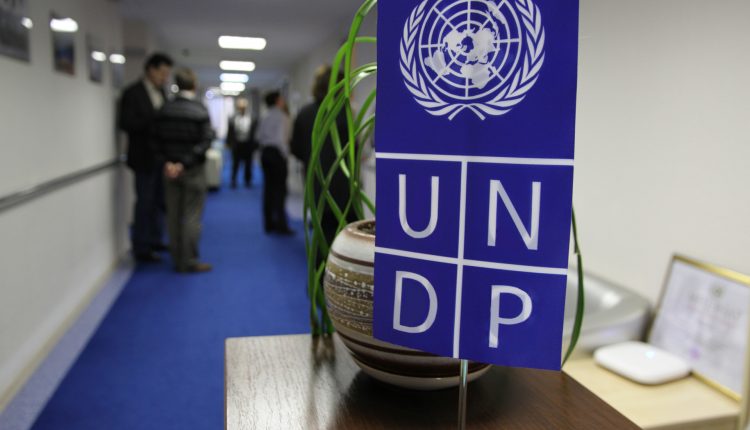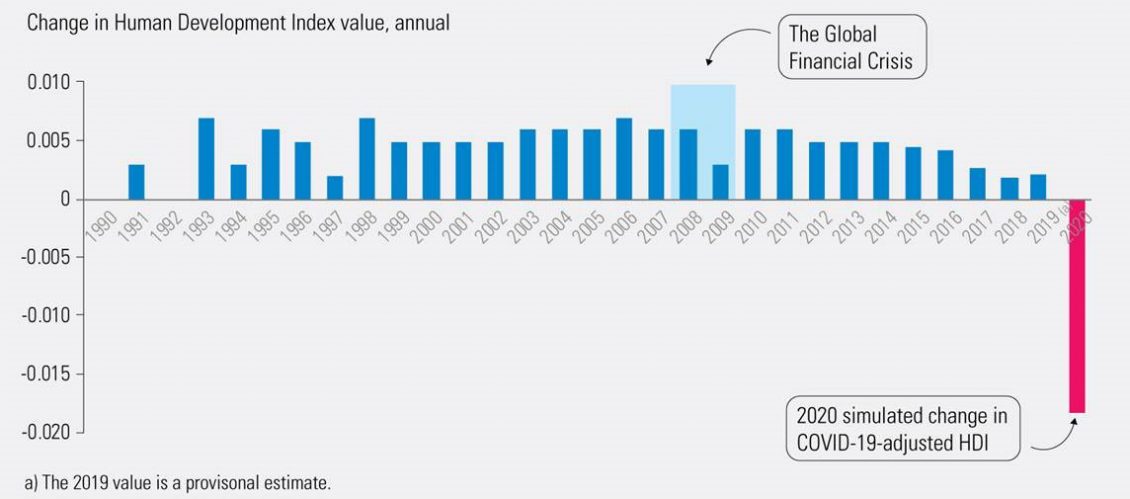UNDP says coronavirus could cause first fall in Global Human Development since concept was introduced in 1990
Global Human Development could fall in 2020 for the first time since the concept was introduced in 1990, due to the coronavirus pandemic, the United Nations Development Programme (UNDP) said in a statement on Wednesday.
Global Human Development is a concept that reflects the world’s education, health, and living standards.
“The world has seen many crises over the past 30 years, including the Global Financial Crisis of 2007-2009. Each has hit human development hard but, overall, development gains accrued globally Y-o-Y. COVID-19, with its triple hit to health, education, and income, may change this trend,” UNDP Administrator Achim Steiner said.
The pandemic has caused declines in fundamental areas across most countries, rich and poor, with the global death toll surpassing 300,000 people, while the global per capita income in 2020 is expected to fall by four percent, the UNDP statement said.
With school closure, UNDP estimated that 60 percent of children are not receiving an education, leading to global levels not witnessed since the 1980s.
According the statement, the combined impact of these shocks could signify the largest reversal in human development on record.
The pandemic has a negative impact on women and girls, with reduced earnings and savings as well as greater job insecurity, reduced reproductive health, unpaid care work, and gender-based violence, the statement added.
Situation in developing countries
It also indicated that the decline in human development is expected to be much higher in developing countries that are less able to handle the pandemic’s social and economic fallout than richer nations.
“In education, with schools closed and stark divides in access to online learning, UNDP estimates show that 86 percent of children in primary education are now effectively out-of-school in countries with low human development, compared with just 20 percent in countries with very high human development,”
Yet, with more equitable internet access, the current gaps in education could close, as the UNDP said.
“This crisis shows that if we fail to bring equity into the policy toolkit, many will fall further behind. This is particularly important for the ‘new necessities’ of the 21st century, such as access to the internet, which is helping us to benefit from tele-education, tele-medicine, and to work from home,” Pedro Conceição, Director of the Human Development Report Office at UNDP, said.



